What Students Say
Likes
- Beautiful and Spacious Campus: The campus is very beautiful and big and have stunning architecture and green spaces.
- Career Support Services: Career network provide 1-1 appointements for CV and interview practice which is the best part.
- Internship and Work Opportunities
Dislikes
- Limited Support for International Students in Startups
- Expensive Food on Campus and black coffee starts from 3.50 pounds which is very expensive
- Challenges with Student Services Response Times
Course Curriculum
- My course curriculum was more practical than theoretical, which I really enjoyed. We focused a lot on real-world case studies from big companies and had the chance to work on practical projects in seminars, often in teams.
- The best part of the course was definitely working on case studies and practical projects, while the most challenging part was managing the workload and deadlines of assignments.
- On a typical day, we have around 3-4 lectures, usually scheduled from 9 AM to 3-4 PM.
- The Career Department helps students with CV building and part-time job guidance. Additionally, the Worklink department provides part-time jobs to students in university, while full-time jobs are usually found through individual applications.
- I really admire my programme director the most. He has been incredibly helpful, guiding me through every step of the course, and even helped me secure a company project for my dissertation.
Admission Experience
- I received conditional offers from several universities, including Sheffield, Leeds, Queen Mary, Bristol, and Birmingham. However, Birmingham was the only university that confirmed my admission.
- I did get rejected by the University of Edinburgh, and I think it might have been due to a few reasons. My IELTS score wasn't particularly strong, and my marks from the 10th and 12th grades are not outstanding either. Plus, it’s possible that my application form could have been stronger, so that might have affected my chances as well.
- I choose the University of Birmingham over other universities for several reasons. First, Birmingham has a great reputation and is highly recognised in the UK. Plus, I didn’t want to live in London due to the high living expenses there. Birmingham, being the second-largest city in the UK, offers plenty of opportunities while being more affordable. I also really loved the university’s beautiful campus and infrastructure. In the end, Birmingham was the only university that gave me an unconditional offer, which made my decision even easier.
- For my application, I took help from SI-UK in Jaipur. I visited their office, and they were super helpful throughout the whole process. My main criteria were to get into a university ranked within the top 150 globally, so we applied to about 5-6 universities. SI-UK assisted me with everything, including writing my Statement of Purpose. Once I decided on the University of Birmingham, I had to pay a £2,000 deposit in August, and by September, I received my CAS.
- The eligibility criteria for the University of Birmingham vary depending on the course. For my specific program, I needed an IELTS score of 7.
- Overall, the admission process was quite lengthy and required a lot of patience because the university took its time at each stage. Also, having to pay the £2,000 deposit upfront was a bit stressful. Also, the cost of on-campus accommodation is quite high, which is something I wish had been better. But despite these challenges, the experience was worth it because I got into my preferred university.
- I applied for the 2023 intake at the University of Birmingham, and the entire admission process took about four months.
- I started the process in June by submitting my application. A month later, in July, I received a conditional offer letter from the university, which was exciting but still required me to meet some conditions, like clearing my IELTS.
- In mid-August, I saw my name on the list and I had been selected for the Rajiv Gandhi Scholarship for Academic Excellence, which covered my tuition and provided a monthly living allowance. This scholarship was a big boost and solidified my decision to move forward with the university.
- By the end of August, I cleared my IELTS exam and submitted the results to the university. After that, I paid a £2,000 deposit to confirm my place at the university. Once the payment was processed and my IELTS results were confirmed, I received my unconditional offer and CAS early September.
- Overall, the admission process took some time and involved multiple steps, but once everything fell into place, I felt relieved and excited to start my journey at the University of Birmingham.
Faculty
- In my class, there are around 250 students in total, and about 70 students are in each batch. Around 60-70% of the students are from India, so there’s a good mix of international students.
- Each faculty member is responsible for around 70 students in a class.
- The teaching methodology is excellent. Professors prepare clear, easy-to-understand slides and often use creative teaching methods to engage us. They also incorporate case studies, which really help in understanding how concepts are applied in the real world. I believe the teaching quality is more than sufficient to prepare me for securing a job in the UK after graduation.
Campus Life
- The University of Birmingham has one large campus. It offers a wide range of facilities for students, including Two libraries and comprehensive sports facilities like all the grounds, catering to both fitness enthusiasts and those interested in competitive sports.
- Some of the major campus festivals and popular events include:
- Grad Ball
- ValeFest
- UoB Xtra
- Christmas Market
- As for extracurricular activities, there are numerous sports teams, cultural events, and student groups. Students can get involved in anything from drama and music to volunteer work and various social clubs, offering a great way to engage with the campus community and enhance their university experience.
Part Time Jobs
- The University of Birmingham offers various part-time job opportunities both on and off-campus. Some of my friends have secured Teaching Assistant (TA) roles, which pay around £13 per hour. Other on-campus jobs include cleaning, event management, and working during Welcome Week or Open Days. These jobs usually pay between £10 and £12 per hour.
- Students with Tier 4 visas are allowed to work up to 20 hours per week during term time. On-campus jobs is quite competitive but you can get them if you work hard.
- Most Indian students at the University of Birmingham tend to prefer part-time jobs in restaurants or food outlets like Domino's or Papa John's, as these places often offer flexible hours. Students typically earn around £12 per hour in these part-time roles.
- Securing a part-time job isn’t too difficult because there are plenty of opportunities available for students, especially in the hospitality sector and other part-time positions on and off campus.
- To apply for part-time jobs, students usually start by searching for job openings on online platforms, university job boards, or by directly inquiring at stores. They then submit their CV or application to the employer. If shortlisted, they may be invited for an interview.
- Once hired, students can begin working, keeping in mind the 20-hour weekly. limit** during term time.
Placement
- After completing my course, around 50-60% of students in my graduating batch secure full-time jobs within 6 months. Some students decide to return to India to join their family businesses, but most choose to stay in the UK for work opportunities.
- The starting salary for fresh graduates in MSc Management typically ranges from £24,000 to £35,000 per year, depending on the role and company.
- Students usually begin applying for jobs 5-6 months before graduation because many companies start hiring early. Some popular platforms for job searches include Indeed Flex (for part-time jobs), Worklink (for on-campus roles), LinkedIn (for full-time positions), and Student Circus (which helps international students find graduate jobs).
- A few of my friends have already secured jobs; for example, one got an offer from Blackmont Consulting, and another is working at the University of Birmingham itself. Many major companies in various industries hire graduates from our program, including consulting firms and tech companies like TCS, JLR and Rolls Royce.
Accommodation
- I found my accommodation through an agency called Easy Lettings, after doing some online research.
- I'm paying £500 for a room in a 5-bedroom house, and this includes all bills like electricity, water, and gas, which is really convenient.
- While finding accommodation, I encountered a few challenges. There are plenty of options, but it can be overwhelming due to the number of agencies and the requirement of a UK guarantor if you want to pay rent monthly. The deposit can also be quite high, so it's something to consider.
- Based on my experience, I would recommend future students to prefer private accommodation. It tends to be more affordable and offers more flexibility compared to university housing.
- My accommodation is about a 20-minute walk from the university, and most of the **Indian students also prefer living in private accommodation because it’s cheaper and more comfortable.
Exams
- For admission to the University of Birmingham, I had to provide proof of English proficiency, so I took both the IELTS and PTE exams. I ended up clearing the IELTS, which met the university's requirements.
- The university also asked for a few essential documents to complete the admission process, including my undergraduate transcript, which showed my academic performance, along with letters of recommendation from my teacher and HOD, SOP and my CV, which highlighted my academic and extracurricular achievements.
- There was no interview involved in my application process.
Fees
- For my MSc Management course at the University of Birmingham, the tuition fee is £26,640. Fortunately, I didn’t have to pay this amount myself, as I was awarded a 100% scholarship from the Rajasthan government, which covered all my tuition fees.
- In terms of accommodation, I decided not to go for university housing. Instead, I chose to rent a private room in a house close to campus, which costs me £500 per month. Living nearby has its perks—I hardly spend on transportation, with only about £20-£25 going towards the city centre. For food, my expenses are pretty manageable, usually ranging between £100 and £120 monthly.
- Overall, my average monthly living expenses add up to around £620-£645, which covers rent, transportation, and food.
Scholarship
- Yes, I received the Rajiv Gandhi Scholarship for Academic Excellence, which was a huge support during my studies. The eligibility criteria for this scholarship include having an annual family income below ?8 lakh for the E1 category or below ?15 lakh for the E2 category and they have one more category which is E3, as well as holding an unconditional offer letter from a university ranked in the top 150 of the QS World Rankings.
- The scholarship covered my full tuition fees and provided me with an additional ?50,000 per month for living expenses. I was the only one in my batch who received this particular scholarship, as it's quite competitive. On average, around 500 students are selected for this scholarship each year.


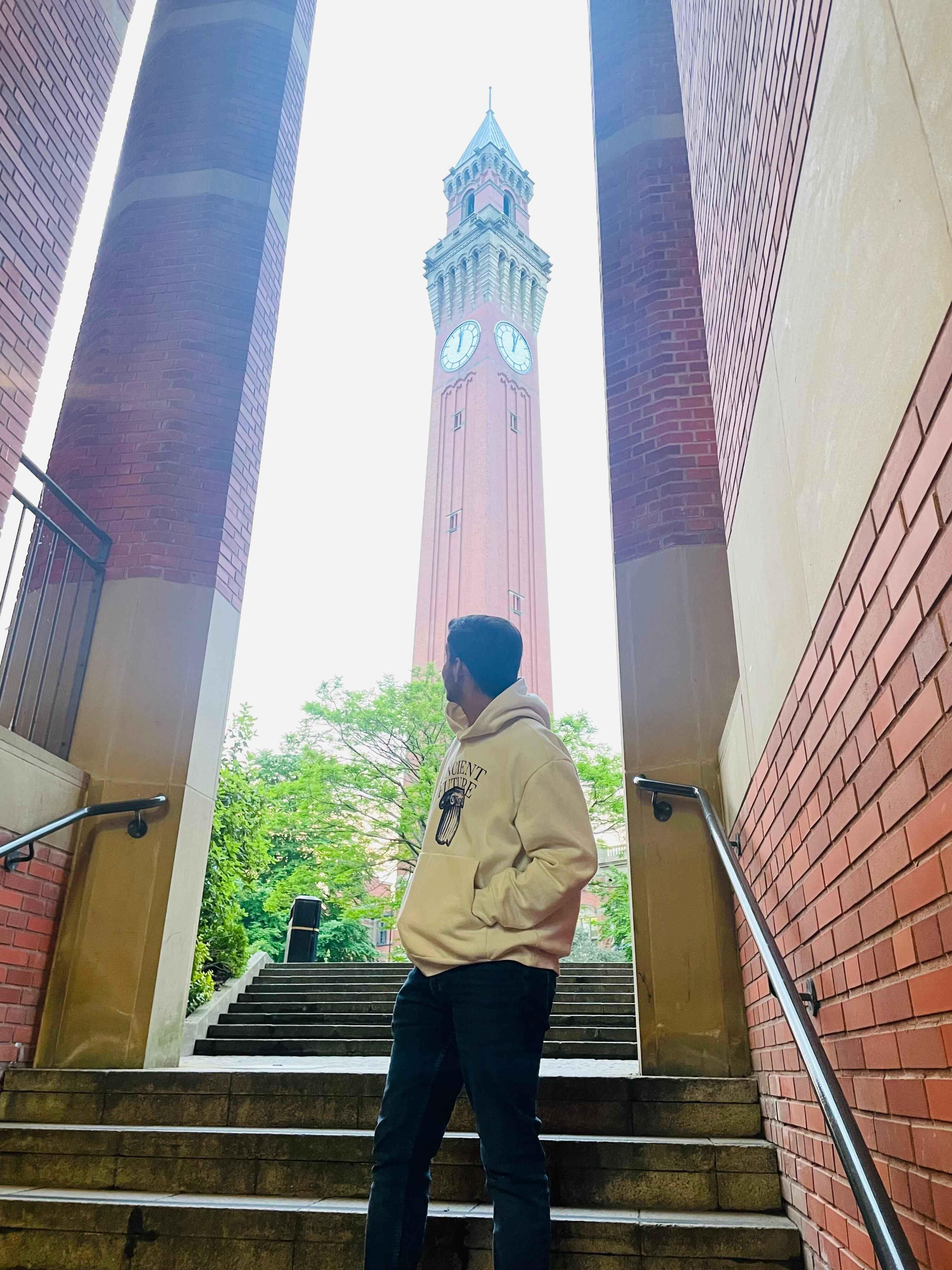
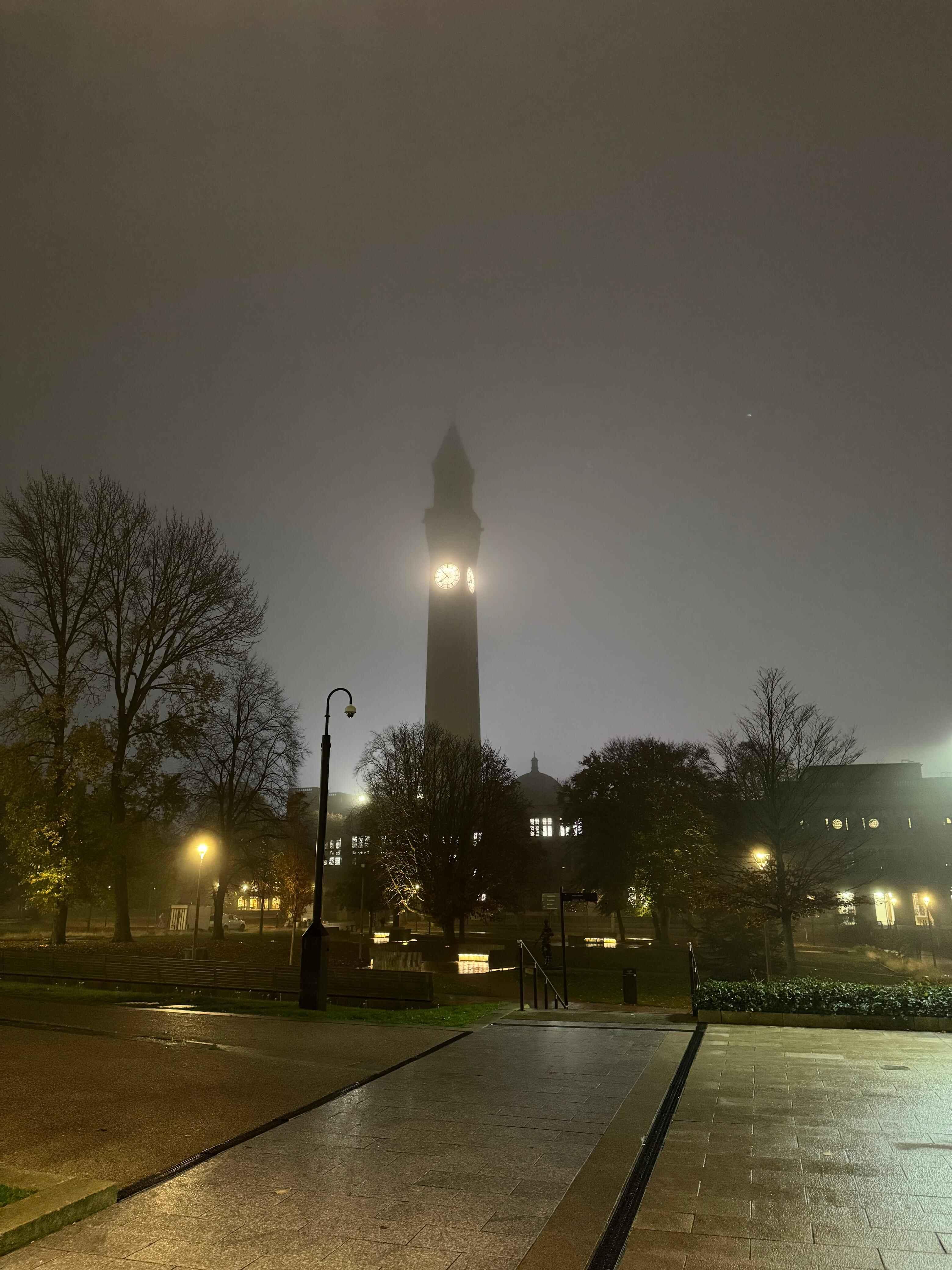
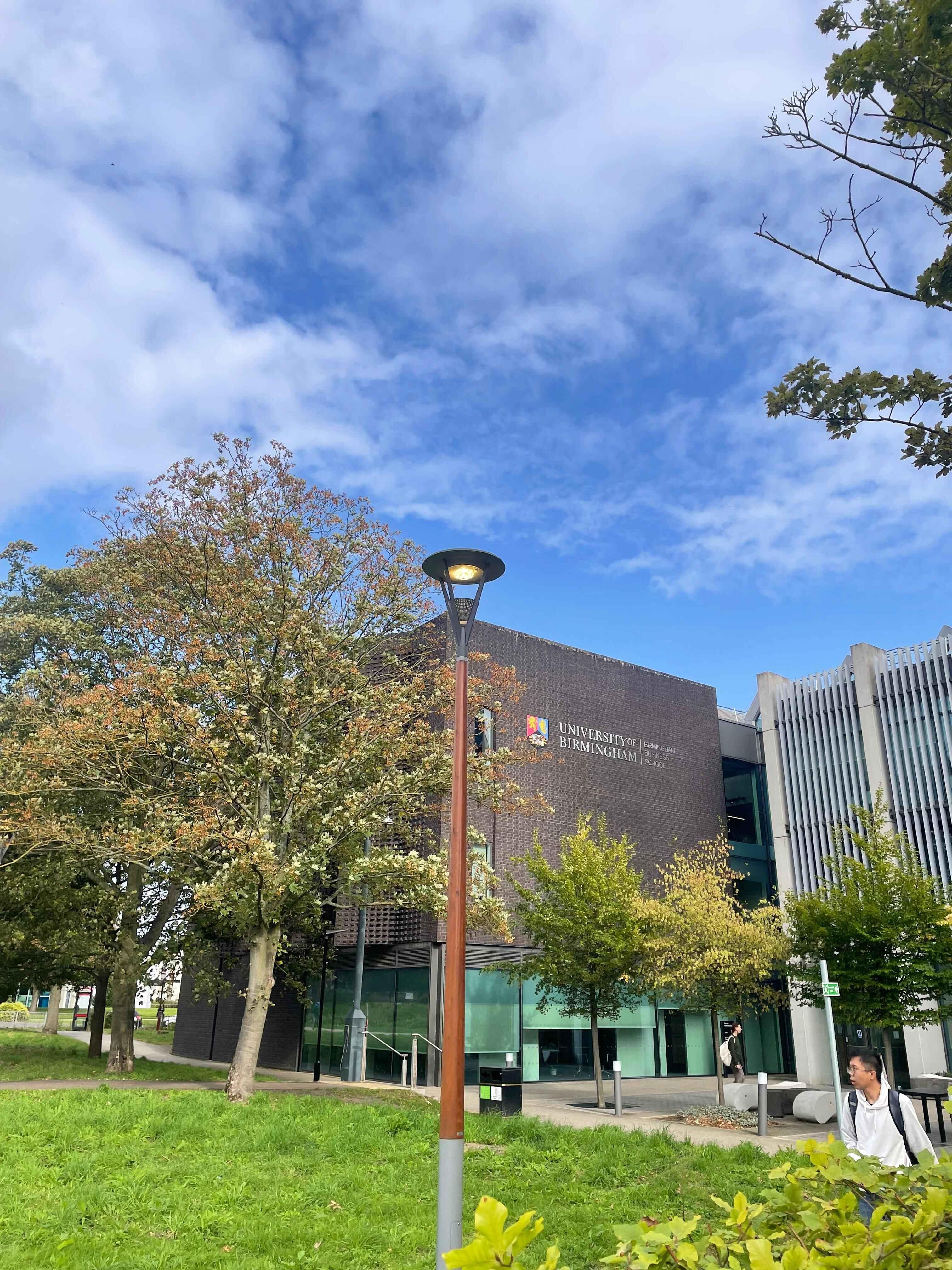
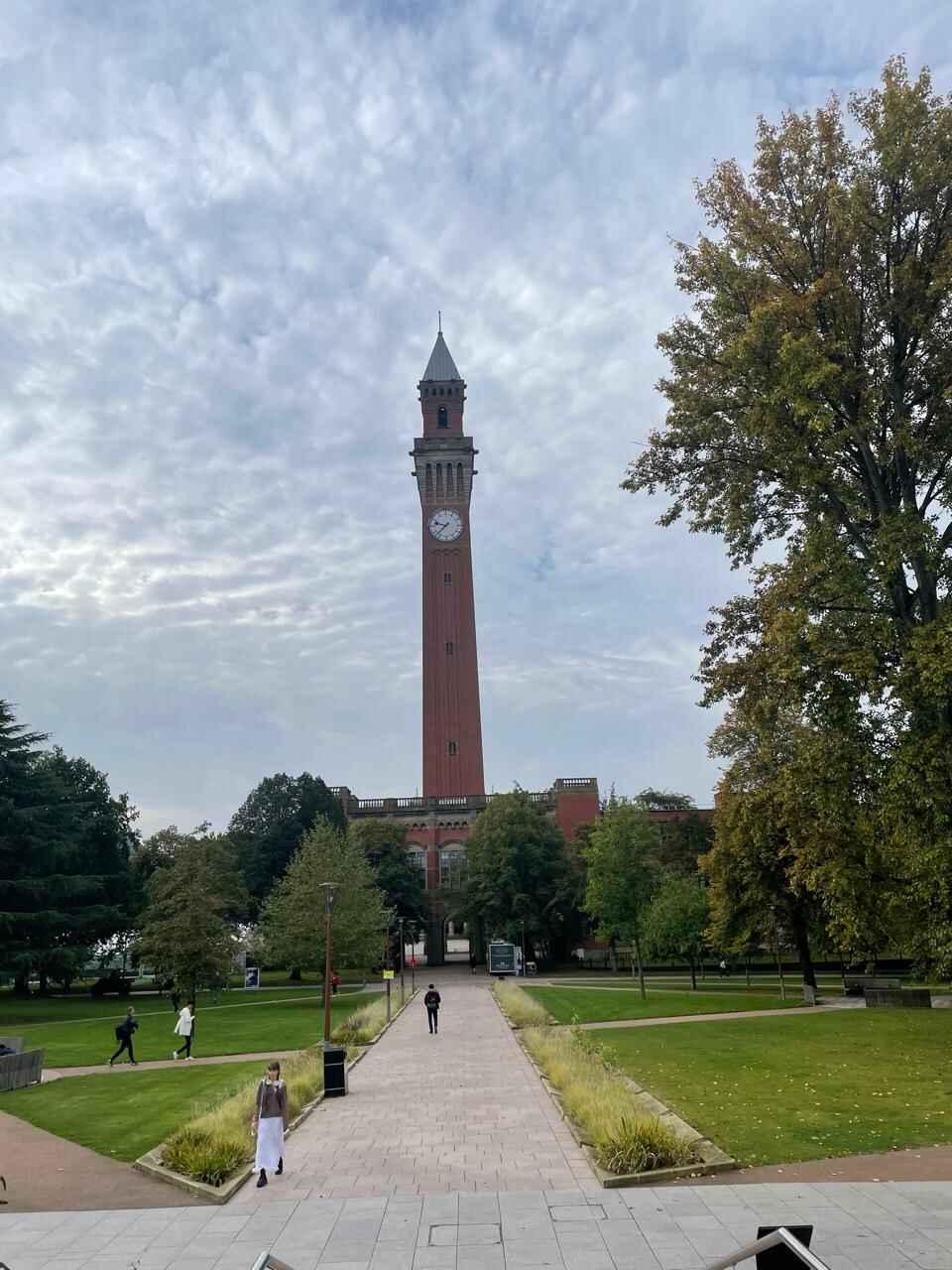
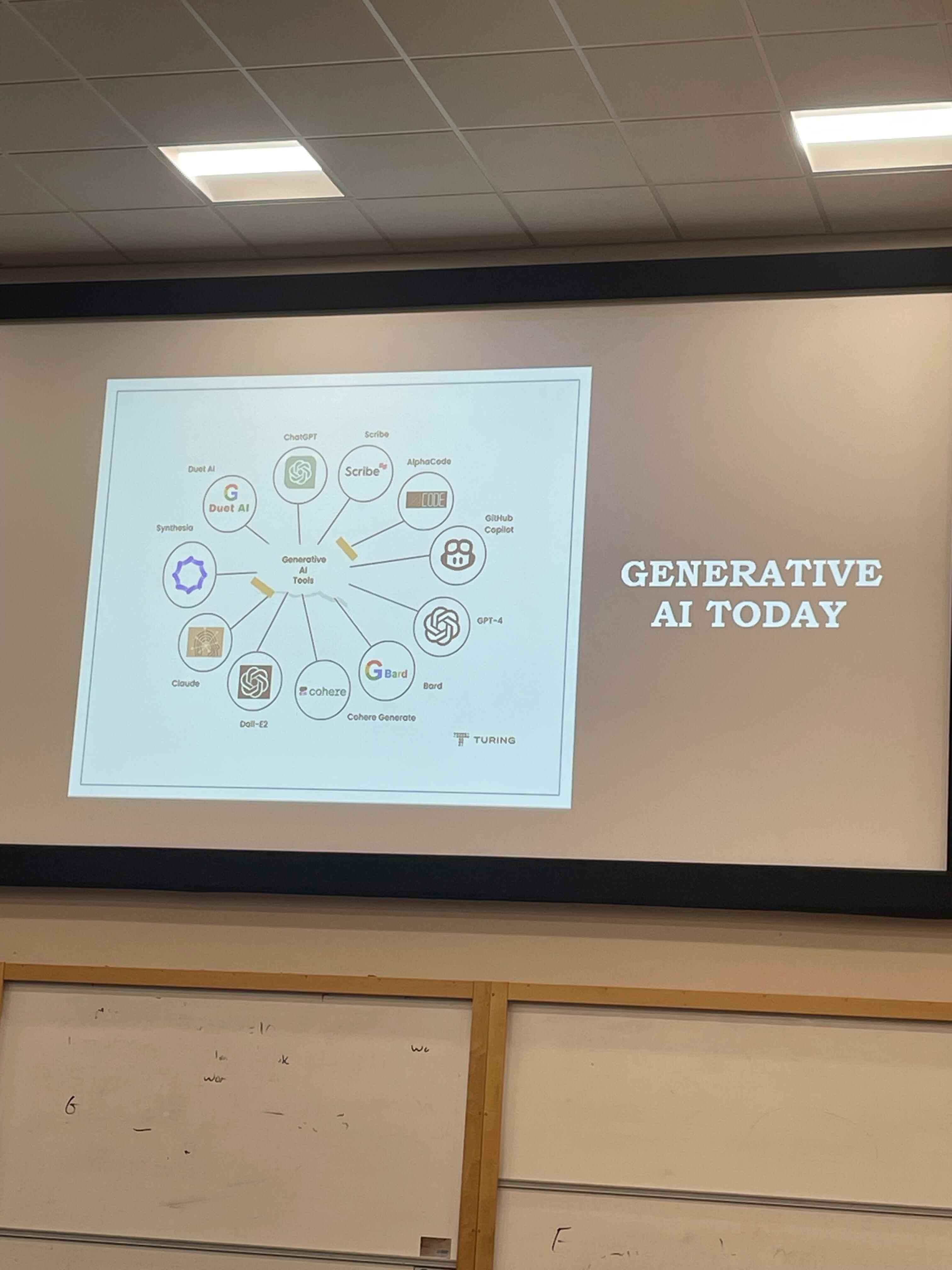
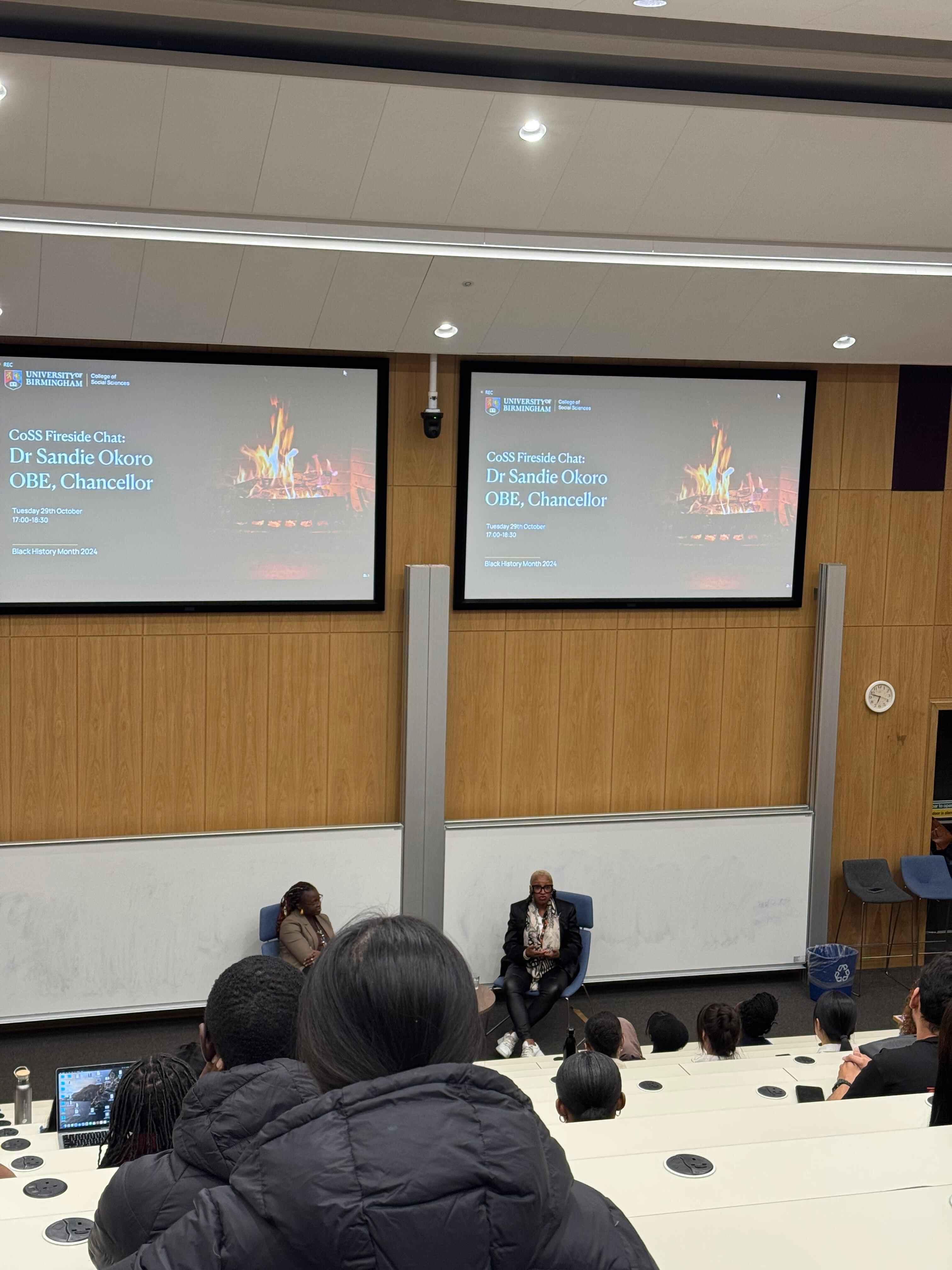
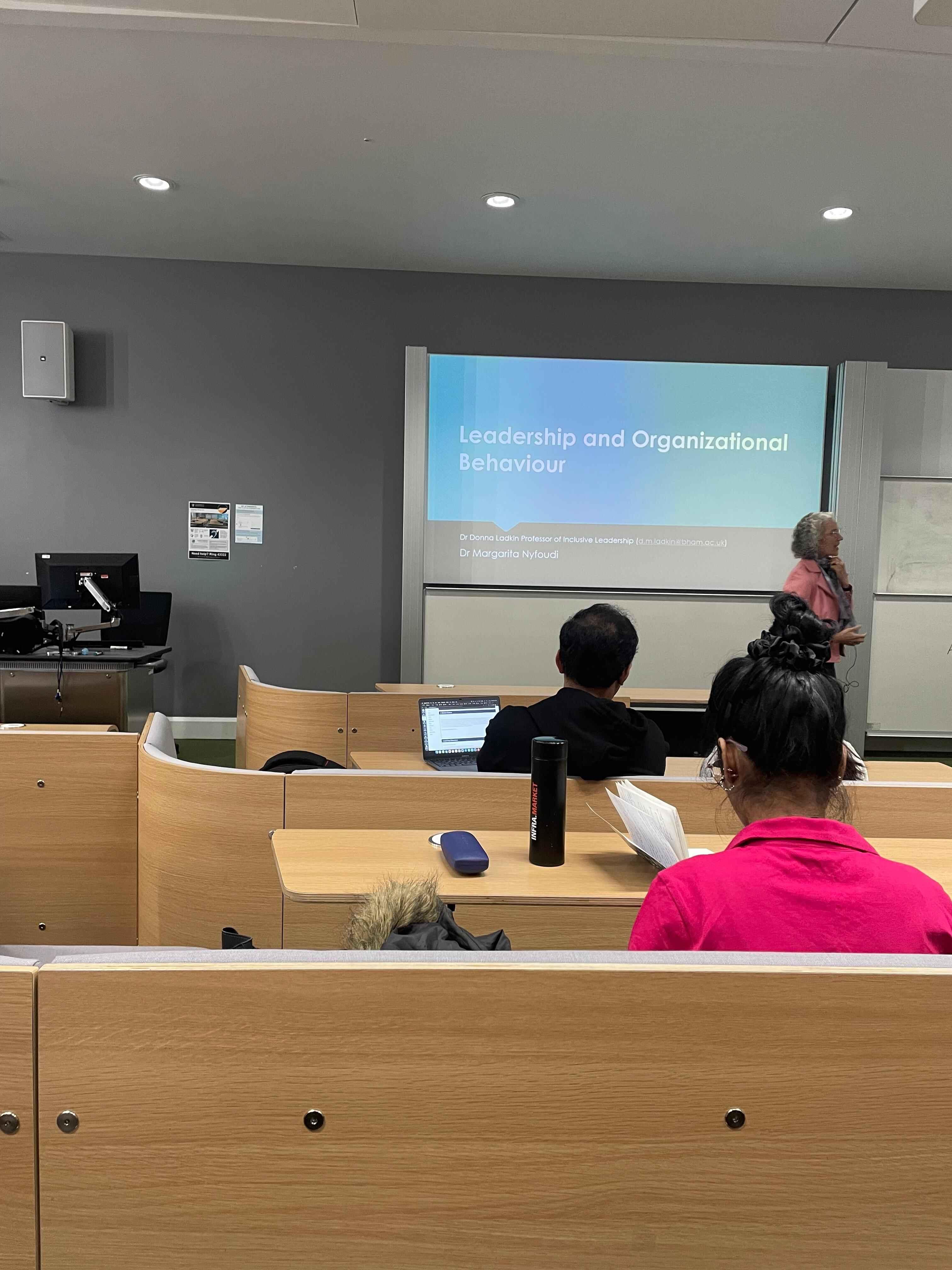
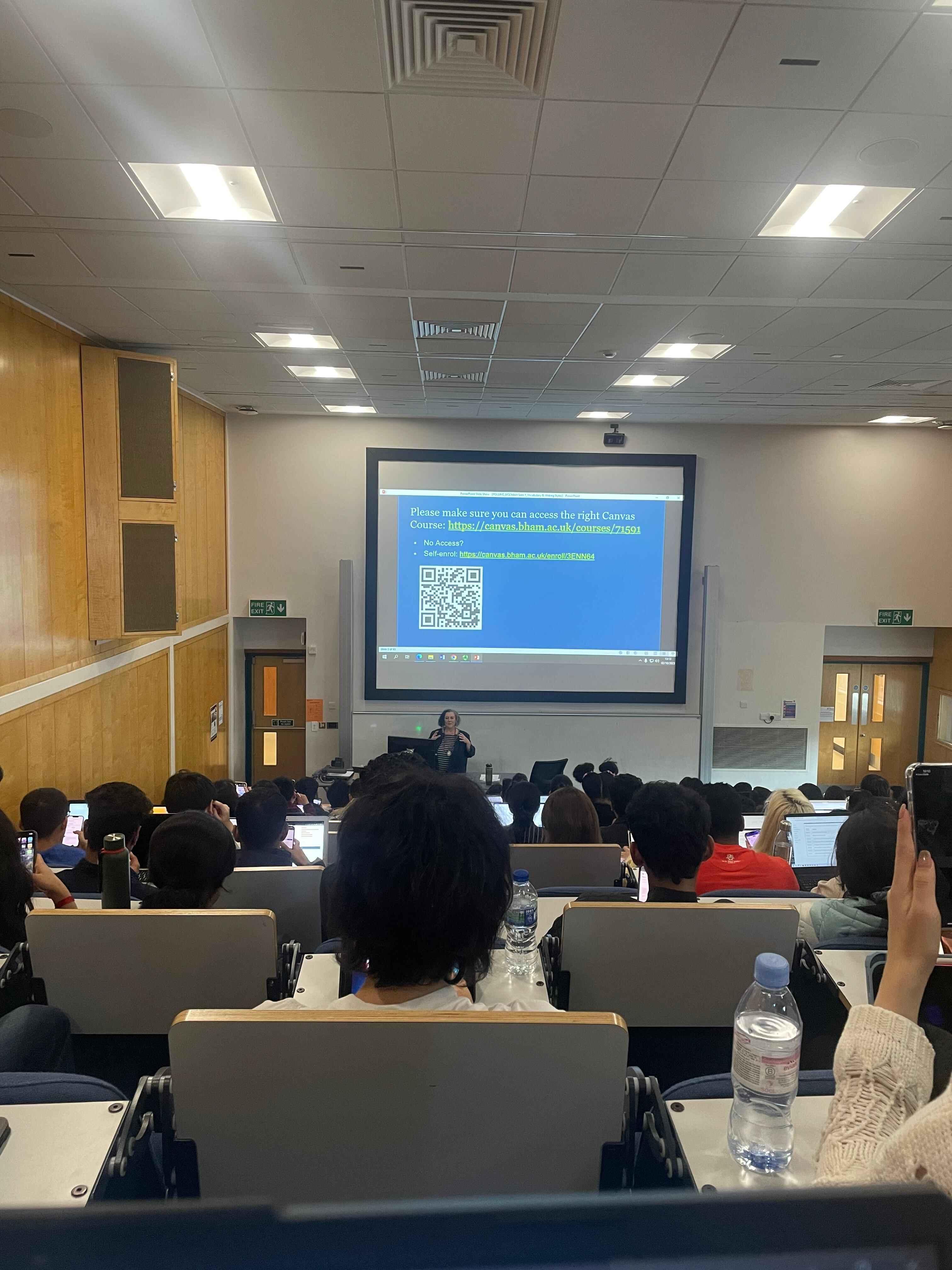
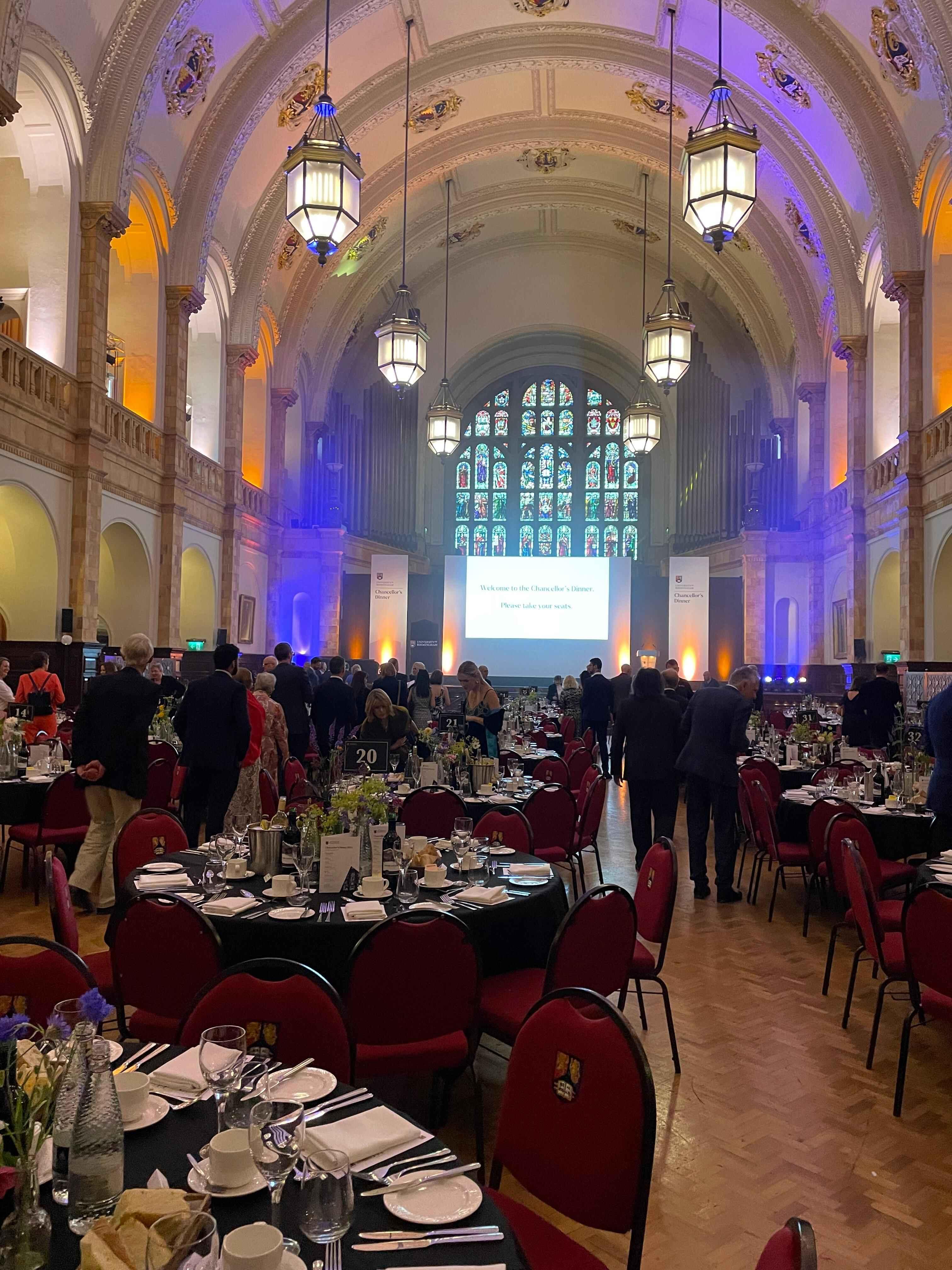

%20-%20Devansh%20Jhamnani.jpeg)
%20-%20Devansh%20Jhamnani.jpeg)
